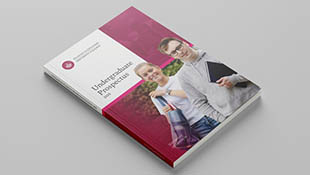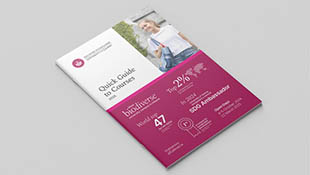-
Courses

Courses
Choosing a course is one of the most important decisions you'll ever make! View our courses and see what our students and lecturers have to say about the courses you are interested in at the links below.
-
University Life

University Life
Each year more than 4,000 choose University of Galway as their University of choice. Find out what life at University of Galway is all about here.
-
About University of Galway

About University of Galway
Since 1845, University of Galway has been sharing the highest quality teaching and research with Ireland and the world. Find out what makes our University so special – from our distinguished history to the latest news and campus developments.
-
Colleges & Schools

Colleges & Schools
University of Galway has earned international recognition as a research-led university with a commitment to top quality teaching across a range of key areas of expertise.
-
Research & Innovation

Research & Innovation
University of Galway’s vibrant research community take on some of the most pressing challenges of our times.
-
Business & Industry

Guiding Breakthrough Research at University of Galway
We explore and facilitate commercial opportunities for the research community at University of Galway, as well as facilitating industry partnership.
-
Alumni & Friends

Alumni & Friends
There are 128,000 University of Galway alumni worldwide. Stay connected to your alumni community! Join our social networks and update your details online.
-
Community Engagement

Community Engagement
At University of Galway, we believe that the best learning takes place when you apply what you learn in a real world context. That's why many of our courses include work placements or community projects.
News
Thursday, 29 October 2020
Calculated Care in Post-War British Women’s Writing
Dr Emily Ridge
Meeting ID: 977 1468 9471
Passcode: 596077
Please mute your microphone on entering the meeting.
We look forward to seeing you there to celebrate the first talk in this new series.
Abstract:
The post-war works of Daphne DuMaurier, Muriel Spark, and Elizabeth Taylor are replete with representations of the strategic manipulation of domestic care and kindness. Midge, in DuMaurier’s ‘The Apple Tree’ (1952), looks after her husband so punctiliously that her attention takes the form of a ‘long-term reproach’ for an earlier indiscretion on his part. Mrs Pettigrew, in Spark’s Momento Mori (1959), uses her position as carer to exercise absolute domination over her charges to the point of blackmail. In Elizabeth Taylor’s The Soul of Kindness (1964), the benevolent intrusions of Flora into the lives of those around her are shown to disguise an inherent narcissism. In all cases, care is used, whether consciously or not, to manage and control interpersonal relationships. This paper will suggest that such domesticated representations also offer a response to a more widespread process of institutionalising and commodifying care, both as discourse and practice, in the years immediately following the Second World War. I will argue that these women writers variously and subtly document, in their post-war works, a transition period that sees the establishment of what Nikolas Rose has described as a ‘new rationale of government’, one directed towards the subjectivity and ‘soul’ of the citizen. Their works articulate a problematics of care in ways that complicate later feminist approaches, such as Carol Gilligan’s pioneering work on relationality in the 1980s, raising questions not only about the efficacy of care as a moral framework but equally its capacity as a strategic mechanism of governance.
Location: Zoom Meeting https://nuigalway-ie.zoom.us/j/97714689471?pwd=Qk9hWUR6WjRFa2o5OW9mUDg4LzN3Zz09 Meeting ID: 977 1468 9471 Passcode: 596077
Time:13:00 - 14:00



















